I’m going to…
I’m reading The Etymologicon by Mark Forysth right now and it’s both informative and hilarious. I’m only a few pages in and already I’m a raving fan. I’m sure it helps that I’ve long found etymology to be an incredibly interesting subject.
Did you know that “soon” was the Anglo-Saxon word for “now”? It seems that after a thousand years of people saying “I’ll do that soon”, we now take it to mean “in the near future”. (I suspect that in another thousand years it might mean “I would do that if it was a priority for me, but it’s not I’m afraid so you’re on your own there tiger”. Words and their meanings evolve over time, I mean, have you noticed what's happening to the meaning of the word ‘literally’ on our watch?
I wonder, what contribution will you make to the evolution of the meaning of the word “now” in your lifetime?
The first of Don Miguel Ruiz’ four 'agreements' is “Be impeccable with your word”. This is not just an exhortation to be careful what you say. With the first agreement, Ruiz is making a call to arms of integrity. It’s an invitation to do exactly what you say you will. Most importantly, Ruiz says you must be impeccable with your word with yourself. Your word includes the things you say to yourself internally. If you lie to yourself about what you will do, you’ll find it very difficult to chart a course for your life, and instead be swept wherever the tides of your mood happen to take you.
If you can learn to be impeccable with your word, however, then your intentions become an unstoppable super-power, since whatever you say you’ll do... You. Will. Do.
For myself, I’m discovering this to be a two part process. Part one is the commitment to be impeccable, and I think this is much easier to do by becoming a lot more conservative with your word. No wild declarations of BHAG goals, at least not to begin with. Say only that which you know you will do. Calibrate around the idea that your word is ironclad, by holding yourself only to things which you can be sure you can hold yourself to.
It’s not dissimilar to training a dog, really. When you’re teaching a dog to sit, you simply say “sit” as it’s already beginning to sit. You don’t start by calling out “SIT!!” from a hundred metres away as it’s racing around the park with ten other dogs. You let the dog calibrate to the command in an environment where it’s almost certain to succeed first.
Once you feel you’re calibrating into an impeccable relationship with your word, you can start to leverage its awesome power.
Simply by saying “I’m going to…"
Photo by Moritz Kindler on UnsplashWas this useful? Wanna be friends? GREAT! ME TOO!
Put your email address in the box in the footer at the bottom of the page and I’ll send you helpful insights at random intervals.
Or (and) send me an email and tell me what’s going on in your world. I’m genuinely interested.


